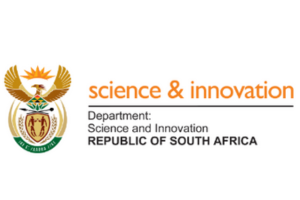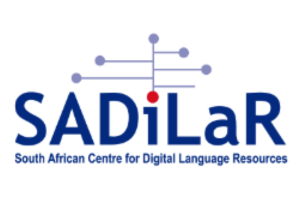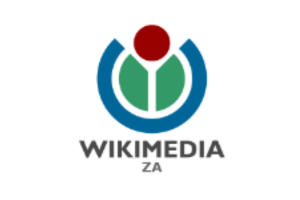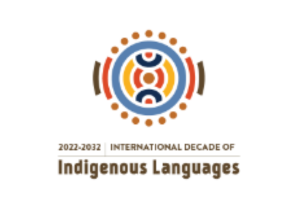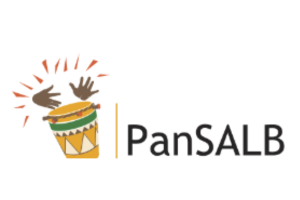The Engager Track (SWiP)
Where citizens can engage with the digital humanities and computational social sciences community, learn skills, and contribute their knowledge
SADiLaR-Wikipedia-PanSALB (SWiP)
Preserving Languages: Open, Free and Accessible Knowledge for All
SADiLaR-Wikipedia-PanSALB (SWiP) is a collaborative initiative by the South African Centre for Digital Language Resources (SADiLaR); the free encyclopedia (Wikipedia) and the Pan South African Language Board (PanSALB).
The project was officially launched on Wednesday, 20 September 2023 at UNISA (Main Campus - Muckleneuk), Pretoria. While the SWiP launch event shone a spotlight specifically on isiNdebele to encourage the Ndebele people to actively participate in contributing content to Wikipedia, the SWiP project is aimed at promoting all of South Africa’s indigenous languages online. It does so by bringing together communities of indigenous language users and giving them the skills to create and review content on Wikipedia. In doing so, they collectively increase their respective languages’ digital footprint.
Aims
What can you expect?
The project is scheduled to run from February 2024 to July 2024. The SWiP project team will be in contact with identified universities to confirm dates for workshops.
Phase 1
- Northern Region UNIVEN; UMP-Siyabuswa Campus
- Central Region VUT; TUT; UNISA
- Western Region CPUT
- KwaZulu-Natal Region - UNIZULU
- North-Western Region - CUT; SPU
- Eastern Region - WSU
Two-day authorship training workshop outcomes:
ℹ️ Day 1-Introduction to Wikipedia (Adding citations)
🖼️ Day 2-Advanced Wiki Editing (Adding content and photographs)
Are you passionate about languages, culture, and the power of written expression?
Language preservation is an endeavour that transcends generations. By contributing your language content to Wikipedia, you are not only honing your writing skills but actively contributing to the preservation of culture, histories, and identities. Unlock the writer within you and embark on a journey to preserve languages, one word at a time. Find your voice and preserve your language.
The project is targeted at aspiring authors, language practitioners, lecturers, students, and the language community of practice at large.
How can you get involved?
Individuals
By joining the SWiP authorship training programme, you are not only honing your writing skills but also actively contributing to the preservation of culture, histories, and identities. The SWiP project team will be in contact with identified universities to confirm dates for workshops.
Organisations and prospective partners can get involved by
- hosting authorship workshops for authors at their companies or universities
- sponsoring travel costs of Wikipedia trainers
- sponsoring venue and catering for workshops
- featuring the project on their communication platforms like newsletters and digital platforms
- hosting authorship workshops as part of corporate social responsibility programmes.



